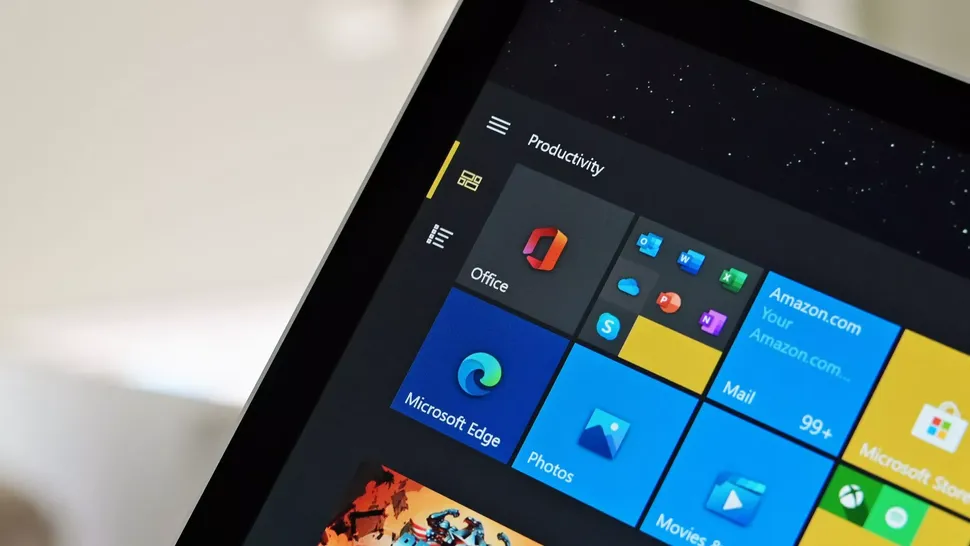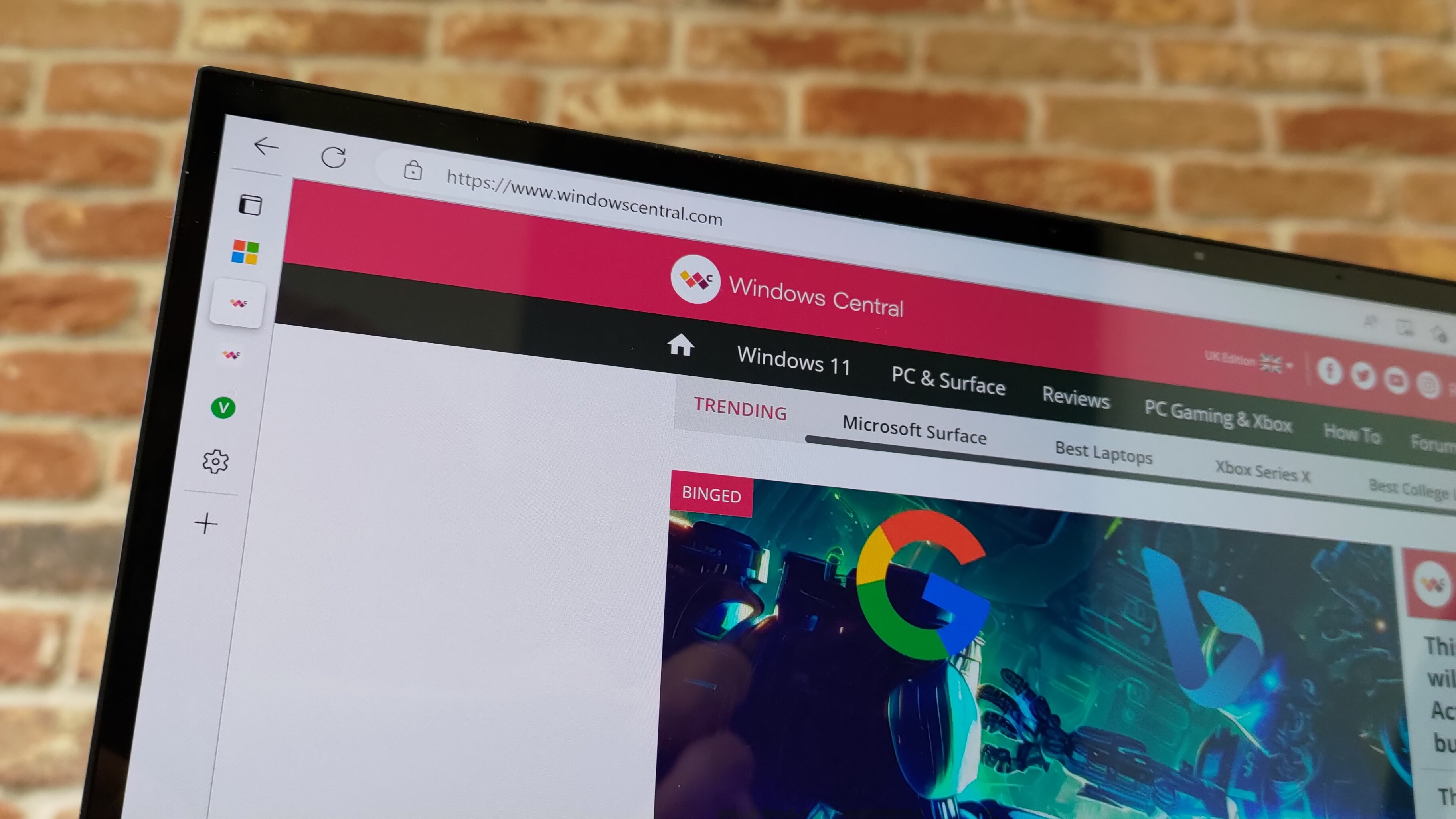Microsoft Edge and Google Chrome should become quicker after a recent change to Chromium.
What you need to know
- Microsoft Edge, Google Chrome, and other Chromium browsers should soon see speed improvements on Window 11.
- A recent contribution to Chromium expanded the Application Launch Prefetch range (APLF) range from 1-8 to 1-16.
- APLF affects optimization on Windows 11, and its improved range should result in quicker and smoother performance for Microsoft Edge.
Microsoft Edge should soon have better performance, thanks to a recent contribution to the Chromium Project. The change widens the /prefetch parameter from 1-8 to 1-16. In plain English, that means Edge can start quicker, load webpages faster, and overall be better than it is today.
The contribution to the Chromium Project was spotted by Windows Report. The contribution page for the change outlines the improvement and its current status.
What is prefetching on Windows?

An upcoming change to Edge should speed up load times and improve performance. (Image credit: Future)
Microsoft rolled out the ability to prefetch content with Windows 8.1. The functionality has improved over time, including the recent expansion of its range. A PC can have certain content cached locally, allowing for quicker access when needed. In short, Windows keeps content on your system and then can load it to memory before it launches an application.
Prefetch is a bit like having the ingredients on the counter already when you need to make a recipe. Windows has the ingredients in an easily accessible place, which means it doesn't need to go to the web to get that content. If your system doesn't have the content it needs, it will just get it from the web, similar to if you forgot an ingredient and need to grab it from a cupboard.
When explaining the recent change, the contribution page explains how the expanded range helps:
"The /prefetch parameter is used to differentiate different file access patterns for the same process name. The range was 1..8, it is now 1..16 for Windows 11 and later allowing for better process separation, especially for renderers, and utility processes," explains the page.
Microsoft has a page for developers about Application Launch Prefetch range (APLF). But if you're an everyday user who doesn't need to know the ins and outs of browser development, just know the change should be good news.
Does Google own Chromium?

While Google Chrome is Chromium-based, the two are separate. (Image credit: Future)
I don't want to give Google too much credit for a contribution made by another organization. The contribution discussed above is by Joe Laughlin, who has a Microsoft email address.
Chromium is a free and open-source project, so Google does not own it. Chromium is owned by the Chromium Project. Google is a major contributor to the project, but there are other notable contributors, including Microsoft. Google does, however, maintain Chromium, so the company is involved in all improvements at some level.
Several browsers use Chromium as a base and then have proprietary technology built on top of it, such as Google Chrome and Microsoft Edge. Opera and Samsung Internet also use Chromium.
The recent change related to prefetch will ultimately help Microsoft Edge, Google Chrome, and other Chromium browsers. It's one of those situations where high tides raise all ships. There's no need for Microsoft and Google to hold back when it comes to improving Chromium, since the browsers of both companies use the project.
The improvements to prefetch are currently in testing in Microsoft Edge Canary. Assuming all goes well in testing, the improvement should make its way to the stable version of Edge in the future.



3175x175(CURRENT).thumb.jpg.b05acc060982b36f5891ba728e6d953c.jpg)
Recommended Comments
There are no comments to display.
Join the conversation
You can post now and register later. If you have an account, sign in now to post with your account.
Note: Your post will require moderator approval before it will be visible.